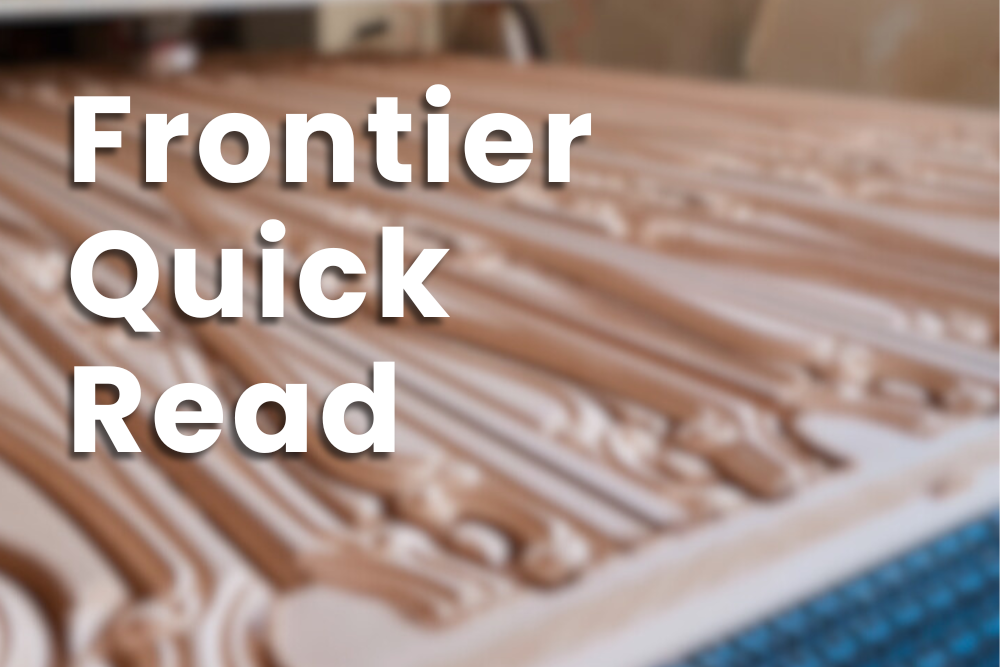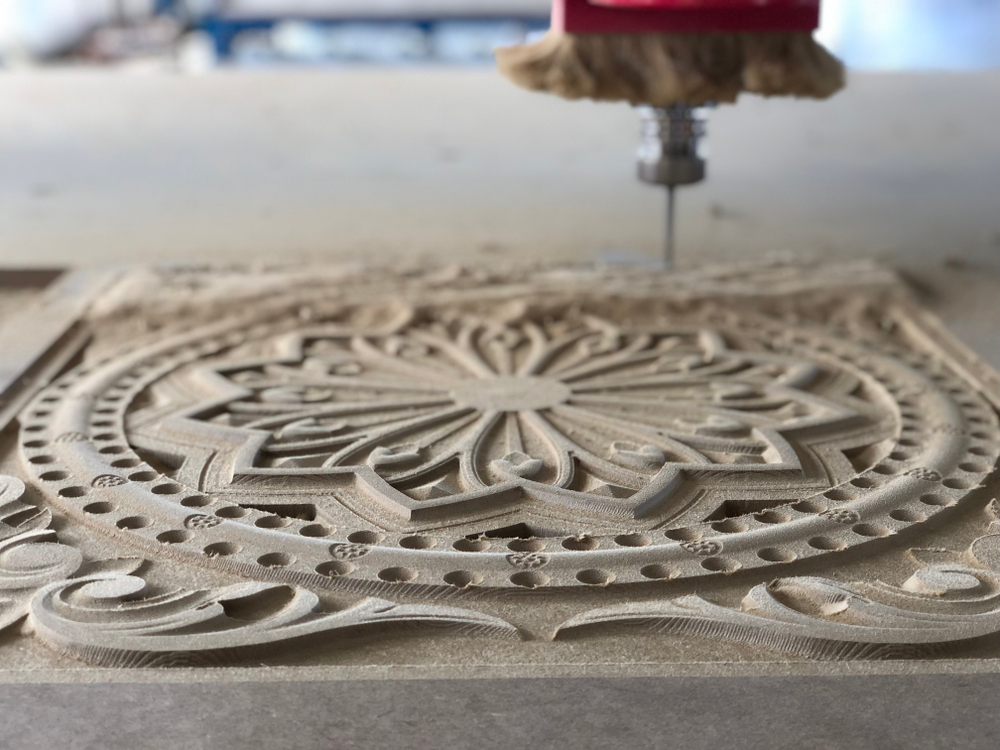
Wood product manufacturing is experiencing a renaissance, driven by breakthroughs in sustainable materials, digital technologies, and automated processes. From plant-based composites that rival traditional lumber to CNC-precision fabrication and real-time smart systems, today’s designers are reimagining how we source, shape, and finish wood products. In this era of customization and environmental accountability, manufacturers now have an opportunity to deliver high-performance, eco-friendly solutions while maintaining agility and profitability.
The Latest in Wood Product Manufacturing
Innovations in wood product manufacturing are opening up exciting possibilities for both sustainability and performance. Manufacturers are embracing new ideas in raw materials and automated mapping to stay competitive in a market currently riddled with rising costs. Here are several of the newest industry enhancements:
Sustainable Composite Materials
New materials like compressed paper and bio-resin blends redefine what’s possible in wood product manufacturing. These materials are strong, lightweight, moldable, and made entirely from plant-based or recycled inputs, reducing environmental impact while maintaining performance.
Engineered Wood and Fiber Technologies
Manufacturers are moving beyond traditional lumber by using cross-laminated timber (CLT), medium-density fiberboard (MDF), and laminated veneer lumber (LVL). These engineered products offer consistent quality, improved structural integrity, and better resource efficiency.
CNC and Robotic Fabrication
CNC machines and robotic arms are being used to carve, cut, and shape wood components with unmatched precision. These technologies minimize waste, reduce labor time, and support complex designs that would be impossible by hand.
Customizable, Made-to-Order Production
Mass customization is becoming the norm thanks to parametric product design and automation. Manufacturers can offer personalized wood products—such as cabinetry, furniture, and millwork—without sacrificing speed or profitability.
Smart Manufacturing Systems
Integrating MES (Manufacturing Execution Systems) and ERP systems enables real-time monitoring, predictive maintenance, and data-driven decision-making. These systems help streamline every phase of production, from raw material sourcing to final assembly.
Digital Twin and Simulation Technology
Digital modeling tools let manufacturers simulate how a new product or process will perform before it’s built. This reduces costly trial-and-error and accelerates innovation by allowing teams to test designs virtually.
Circular Economy and Zero-Waste Initiatives
Leading wood product manufacturers are embracing closed-loop systems. Scrap wood, sawdust, and production waste are being repurposed into biochar, composite materials, or energy sources, supporting a circular economy and minimizing landfill use.
Advanced Finishes and Surface Treatments
Innovations in eco-friendly coatings and finishes are improving durability, aesthetics, and indoor air quality. UV-cured coatings and water-based sealants are just a few examples that meet performance standards and environmental regulations.
From Paper to Wood: PaperShell’s Story

Arper’s Catifa Carta reinvents its chair with PaperShell’s innovative composite wood by-product material. Photo credit: Metropolis and Salva Lopez
The world of wood product manufacturing is transforming, thanks to visionary companies like Sweden’s PaperShell, according to an article by design magazine Metropolis. This innovative startup is reinventing traditional wood materials by turning paper waste back into a strong, sustainable wood alternative. Their process not only supports a circular economy but also opens new doors for manufacturers looking to lower their environmental impact.
PaperShell uses a unique composite made by compressing layers of craft paper with bio-resins. The result is an artificial wood that is stronger than natural wood, completely biodegradable. It can also be molded for use in furniture and building facades.
Manufacturers from the furniture, automotive, and construction industries are already exploring how this technology can modernize their manufacturing processes. As interest grows, so does the potential. From reducing carbon footprints to rethinking how we use natural resources, the future of wood product manufacturing is being reshaped—one sheet of paper at a time.
How Frontier ERP Supports Innovation in Wood Product Manufacturing
As one of the best ERP systems for custom manufacturers, Frontier ERP helps wood product companies bring innovative ideas to market faster and more efficiently with tools designed for flexible, make-to-order operations:
Advanced Product Configurator
Customize new product lines—like sustainable furniture or paneling—without creating manual BOMs for every variant. Rules-based configuration ensures speed and accuracy.
Integrated CPQ (Configure, Price, Quote) Tools
Enable dealers and sales teams to configure and quote complex, customizable wood products quickly while maintaining profit margins and production feasibility.
Advanced Machine Mapping
Translate CAD designs directly into machine instructions using Frontier CADFlow. This ensures seamless part-to-process flow, reducing errors and saving time in the cut-part phase.
Precision Cut Part Processing
Accurately map and cut complex components from new wood-based materials with optimized nesting, tooling, and machine data to support even the most intricate product designs.
Real-Time Inventory and Supply Chain Management
Track raw materials like specialty resins or paper-based inputs to avoid delays, reduce waste, and adapt to changes in demand or material availability.
Production Planning and Scheduling
Efficiently schedule production of new and experimental products, real-time capacity data, and integration with shop floor systems.
Traceability and Quality Control
Ensure innovative materials meet compliance standards by tracking lot numbers, production stages, and inspection results from raw material through finished goods.
Financial Management and Profitability Analysis
Understand the costs and margins of new product lines by integrating financial data with manufacturing operations, supporting smart decisions from the start.
By combining sustainability with smart technology, wood product manufacturers using Frontier ERP are equipped to lead the next wave of industry innovation.
Conclusion
As the industry embraces new material types and sustainability practices, the key to turning these innovations into market success lies in integrated operational systems. Frontier ERP equips wood product manufacturers with advanced configuration, quoting, planning, and traceability tools—so you can harness new materials and technologies without missing a beat.
To learn more about Frontier ERP and its powerful features, see us at AWFS® Fair 2025 in July or click the link below!






